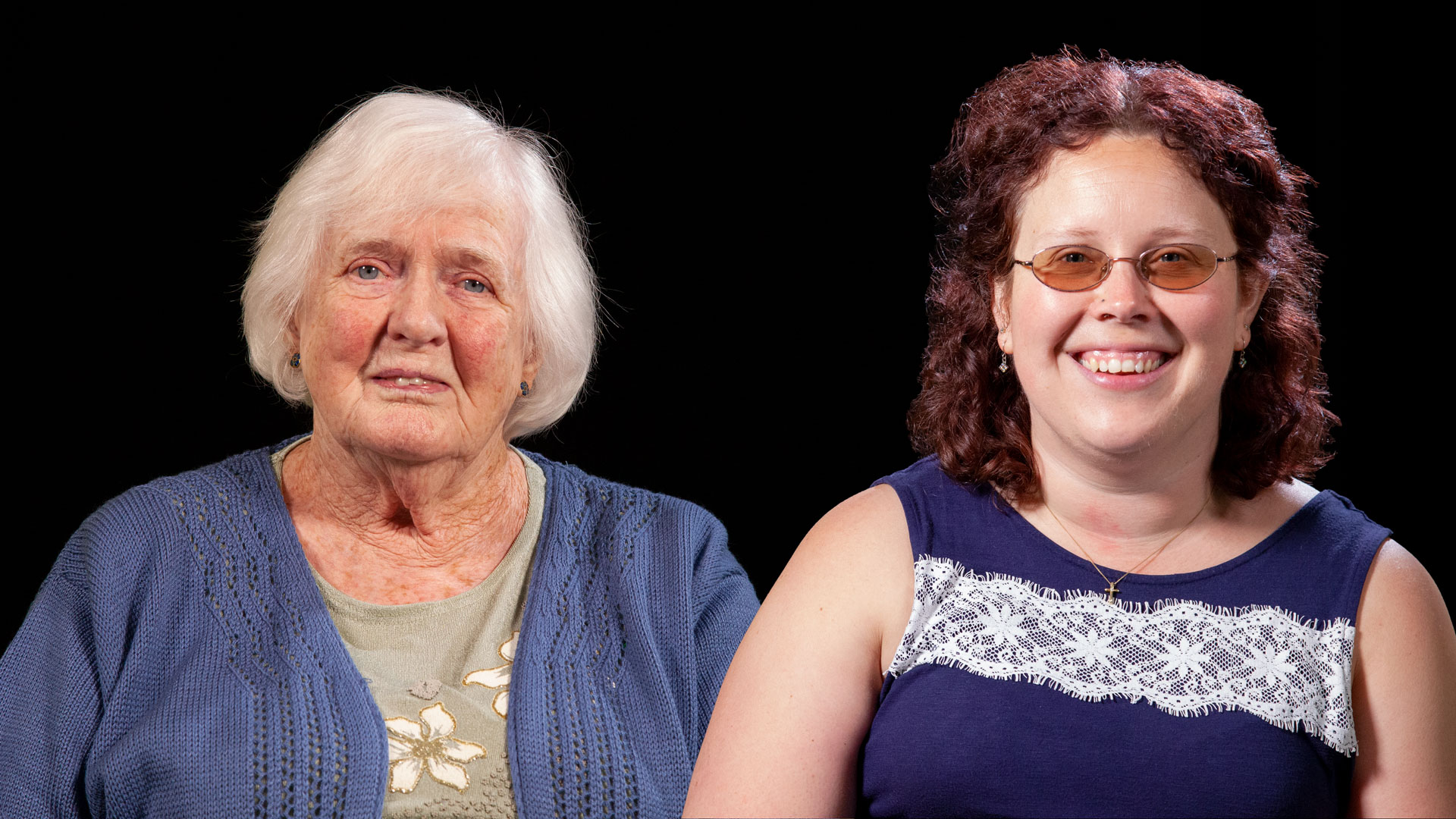
This year marks the 50th anniversary since women were first licensed as Readers* and this week is the 40th anniversary of the Licensing of one of the longest-serving Readers in the Diocese.
Readers are lay people who have been selected, trained and licensed by the Bishop to preach, teach and lead worship in their local parish or as chaplains.
The role of Reader has had a mixed understanding over the years - some mistakenly seeing it as a second-best to clergy, but Bishop Michael is forceful in insisting that it is a distinct and special role:
"Readers are a very important part of the ministry [of the Church] in their own right - they're not just a stop-gap for when we can't get enough clergy," he says. "And I would see Readers in every way enjoying a parity of esteem with clergy. They both serve with the Bishop's Licence and they both represent the ministry of the whole church."
That may not be the experience of older Readers, especially those who are women. Margaret Crowther was licensed this week forty years ago and recalls trepidation from some clergy at the time:
"I found in the local Methodist churches that it was quite acceptable because they already had women as lay preachers but in the Anglican churches they were still a little wary of a woman taking a leadership role and certainly of preaching. And one or two of the clergy wanted to know exactly what I was going to be saying and whether it fitted with their doctrine as they believed!"
Yet the ministry of a Reader is actually the 'best of both worlds' according to Diocesan Director of Reader Training, the Revd Dr Jeanette Hartwell:
"The advantage of being a Reader is that you are not encumbered with the running of a church. A Reader is free to be able to have a focus to look outwards, to read the pulse of a community in a way perhaps that those whose focus may be inside the church and church building are not able to do. That's one of the great advantages of being a lay theologian."
Bishop Michael agrees: "People sometimes say the word Reader is a bit old-fashioned, but I think it's actually a great word because it's about reading the scriptures but it's also about reading the world we're in."
The full video below also hear's from Emma Cardinal, currently the youngest Reader in the Diocese, and Jean Ainsworth who has just finished her training and will be licensed in Lichfield Cathedral in September.
Although the rules changed in 1969, the first woman to take on the role in Lichfield Diocese was Miss Maureen Kettle who was licensed on 20 May 1973 to the parish of Meole Brace in Shrewsbury. The Lichfield Diocese Magazine of the time noted that she (unlike any of the men licensed at the same time) had a degree in theology.
Degrees have never been a requirement: while training does involve an amount of study and writing, a passion to reach people and explain scripture in church and to the wider world are more important according to Revd Dr Jeanette Hartwell, Director of Reader Training.
You can find out more about Reader ministry and the training process here.
*except for a short period in WW1 when there were too few male Readers left in England.